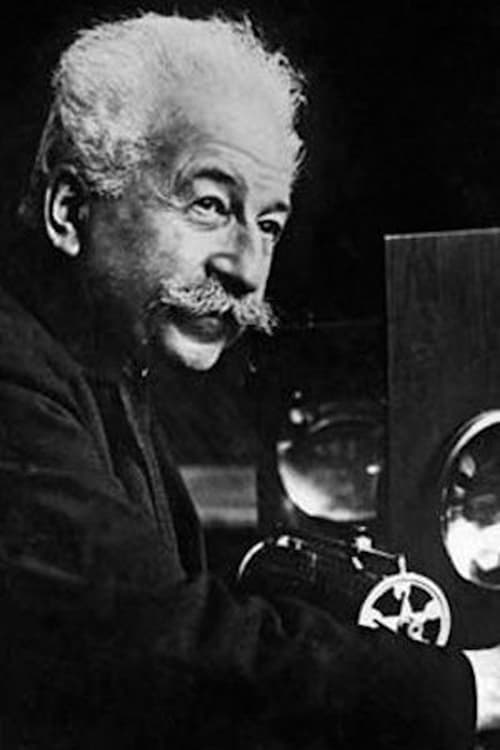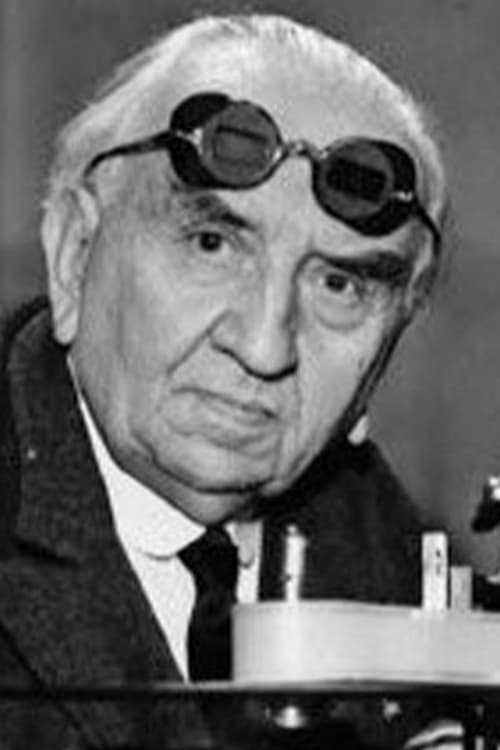Tsar et tsarine entrant dans l'église de l'Assomption (1896)
Genre : Documentary
Runtime : 1M
Director : Francis Doublier
Synopsis
While the crowd slowly moves forward, a company of guards and the Imperial dais enter the church.

Cunard Vessel at Liverpool

Railroad from Georgetown to Silver Plume, Colorado.

The hen house occupies the entire left foreground of the picture, running back to the nearby road. The main foreground is filled with tall grass swept by the wind, the naturalness of which effect is remarkable. A thief appears 'round the corner, carrying a tattered sack. He suspiciously approaches the window, from which two fowl are handed to him by a black confederat, who himself suddenly appears at the window, falling out head first but clinging tenaciously to a fluttering white bird.

Five black and white minstrels dancing and playing musical instruments in Rupert Street, London.

A great feature of the Pan-American Exposition, as unanimously conceded by all visitors, was the electric illumination of the Exposition grounds at night. After a great deal of experimenting and patience, we succeeded in securing an excellent picture of the buildings at the Pan-American as they appeared when lighted up at night.

A well-dressed, middle-aged man is enjoying a drink at a table with a pretty young woman. He flirts with her, and she seems not to mind his attentions. But is it all too good to be true?

An old proprietor is startled and haunted by the strange happenings inside his curiosity shop.

Firefighters ring for help, and here comes the ladder cart; they hitch a horse to it. A second horse-drawn truck joins the first, and they head down the street to a house fire. Inside a man sleeps, he awakes amidst flames and throws himself back on the bed. In comes a firefighter, hosing down the blaze. He carries out the victim, down a ladder to safety. Other firefighters enter the house to save belongings, and out comes one with a baby. The saved man rejoices, but it's not over yet.

A satire on the way that audiences unaccustomed to the cinema didn't know how to react to the moving images on a screen - in this film, an unsophisticated (and stereotypical) country yokel is alternately baffled and terrified, in the latter case by the apparent approach of a steam train.

A convicted criminal dreams about his past the night before his execution.

At the beginning of the scene Romeo in his gondola sings to Juliet a sentimental song, then goes away. Hardly has he departed when the colonnade falls to pieces, disclosing the devil. Juliet, frightened, runs to the window and calls Romeo. The latter attempts to enter and protect his fiancée, but at a gesture from the devil the window is instantly covered with a grating and Romeo makes frantic efforts to break it. The devil begins to dance a wild dance before Juliet, who is beside herself from terror. The devil gradually becomes the size of a giant (a novel effect). Juliet implores the statue of Madonna, which becomes animated, descends from its pedestal, and stretching out its arms orders the devil to disappear. (Méliès Catalog)

A documentary filmmaker interviews the now-famous Trevor Slattery from behind bars.

A young boy dances on a table top.

As a woman waits outside of a window, a man rides up on horseback, and she jumps on behind him. As the two of them ride off to elope, one of the man's friends stays behind, in case anyone comes after the couple. He soon finds out that this is, in fact, a necessary precaution.

With the exception of this film there are absolutely no genuine moving picture films representing genuine prize fights on the market. The prize fight films, so-called, are either taken by the fight promoters and retained by them for exhibition, not on sale and cannot be procured, or else they are the boldest fake reproductions put up the day following the fight by cheap, so-called fighters, who endeavor, to the best of their ability and under the direction of the enterprising photographer, to represent or reproduce as nearly as possible the scrap which occured the evening before between the genuine principles. It is easy to see how very little real value films produced in these ways possess for the average public, which quick to see that the so-called priniples in the fight are not the men they are advertised to be, and the fight is not the real thing.

A lad from a butcher shop is carrying a tray laden with a roast or a leg of lamb. A hobo grabs it and runs. The boy gives chase, joined by dogs, as neighbors watch the spectacle. The hobo jumps into a large rain barrel, followed by the dogs.

One long traveling shot through a sea front lined with tourists, workers, and sundry others.

A man attempts to engender a transformation of a giant worm into a butterfly.

A magician does tricks with the aid of his assistant, the Human Pump.

Filmed in 35mm and in black and white, this short silent film was produced by the English film pioneer R. W. Paul, and directed by Walter R. Booth and was filmed at Paul's Animatograph Works. It was released in November 1901. As was common in cinema's early days, the filmmakers chose to adapt an already well-known story, in this case A Christmas Carol by Charles Dickens, in the belief that the audience's familiarity with the story would result in the need for fewer intertitles. It was presented in 'Twelve Tableaux' or scenes. The film contains the first use of intertitles in a film.






